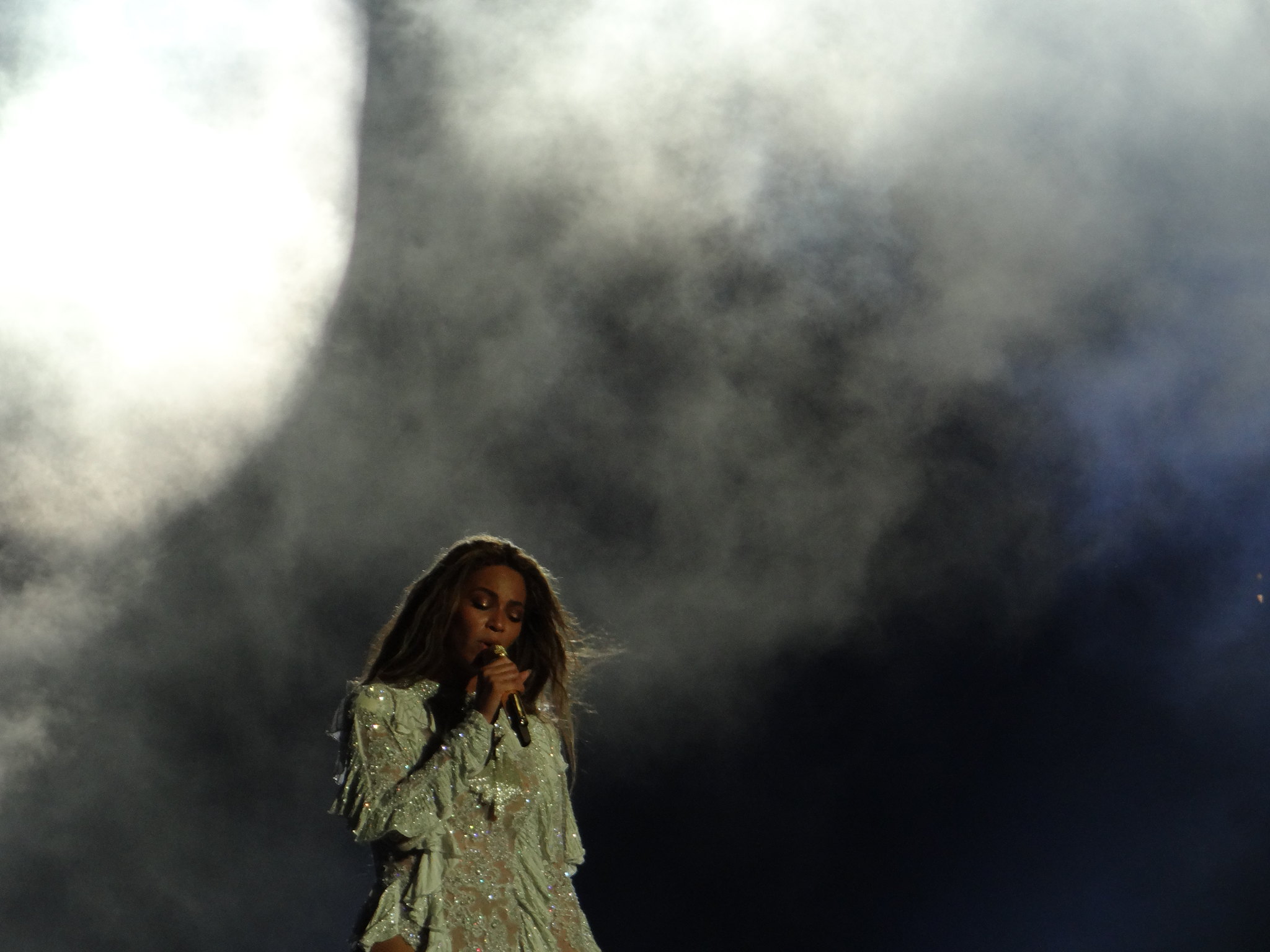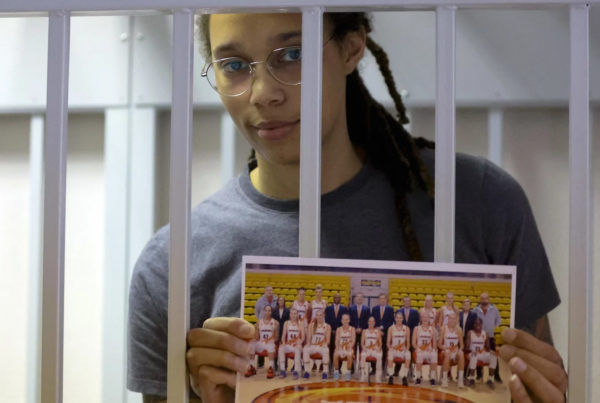It’s likely to be one of the biggest – if not the biggest – albums by a Texas artist this year: Beyoncé’s seventh studio album, “Renaissance,” dropped on Friday, bringing fans a joyous mix of danceable hits inspired by disco and house music. Influenced by the underground LGBTQ-dominated ballroom scene, Beyoncé incorporates the stylings of Black queer and trans performers in her new work.
Taylor Crumpton, a music and pop culture writer from Dallas who called the album “a love letter to the Black queer roots of dance music” in an article for Essence, noted that one would be remiss to not classify house music as Black queer music because Black queer individuals and communities are the reasons why it is such a popular genre today.
“‘Renaissance’ is in equal parts an educational lesson in the history of dance and house music, as well as an education in Black queer studies,” Crumpton said. “When you look at the references that she pulled from, whether it’s the disco divas of Diana Ross and Donna Summer – which we know their anthems throughout the generations have been popularly used at Pride and came out in an era where LGBTQ folks were fighting and still continue to fight for their basic civil rights – as well as the voices of folks like Big Freedia, an ambassador of bounce music from New Orleans who she’s used before on ‘Formation’; as well as individuals like DJ MikeQ, a prominent DJ in the ballroom community; Moi Renee, a legendary drag queen; from the production of someone like a Honey Dijon, who is a black trans woman and is an architect of the contemporary sounds we hear from dance and house. There is so much reverence of the Black queer musicians from the generations of the past to present day that are featured on this album.”















